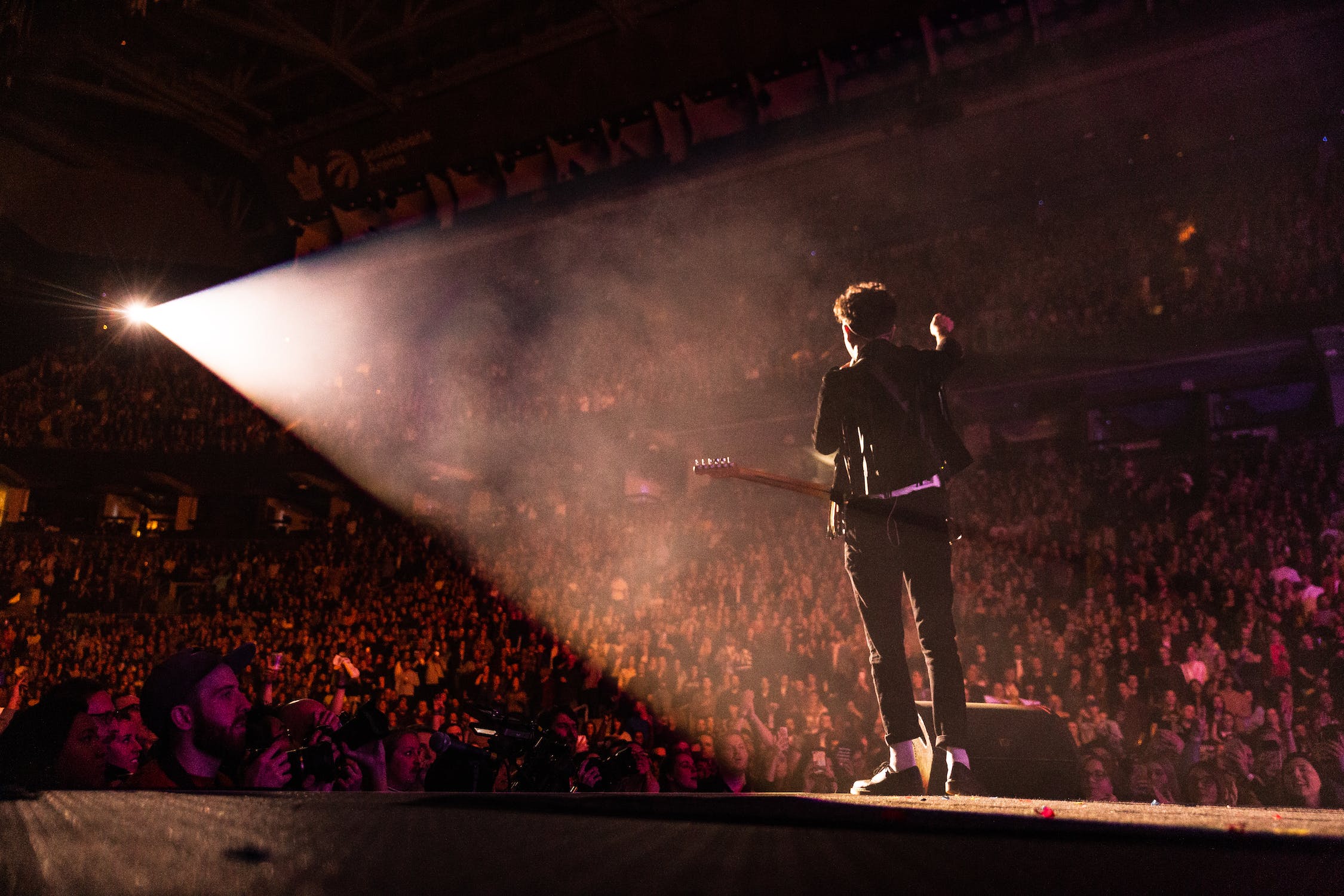It is pretty clear that we are far from reaching the sustainability development goals for 2030 and cutting greenhouse gas emissions to as close to zero by 2050.
In my view one of the main issues challenges and blocks to reaching these goals is communication, how we address sustainability issues to society and how we raise awareness to motivate individuals to engage in sustainable consumption behaviours.
The challenge of the entertainment sector is its hedonic nature. Consumers (or fans) engage in entertainment activities and experiences in order to have fun, socialize and escape from ordinary societal rules. As consequence, in such scenarios, we tend to forget about the consequences of our behaviours. Such behaviours are often seen at the end of music concerts and festivals, at the end of a football games, large events and motor races, for example. There is vast amount of trash left behind, indicating that consumers considered their hedonistic experience only.
So how do we change this scenario and how can we speed up the process of consumers engaging in sustainable consumption behaviours during live events?
To speed up the process, the entertainment industry must engage and collaborate with their biggest ally: the artists. Artists can play a pivotal role in shaping a new sustainable culture among fans in the entertainment sector.
Credibility Versus Attractiveness Source Models
One immense challenge of the communicating sustainability is that the strategy, so far, has primarily been focused on credibility source models.
Credibility source models is a form of communication when we apply individuals that either have experience or a high knowledge on a certain topic to promote or endorse it, and therefore impact the perception of others. In the case of sustainability, academics, researchers and individuals working in high positions of governments have been the main voices trying to raise awareness to sustainable consumption.
But this strategy is clearly not enough. And neither successful.
We should be much more frequently using likeability source models. Likeability source models are individuals that are either perceived as being charismatic, funny or physically attractive (for example) to endorse or promote subjects that they’re not necessarily knowledgeable or expert about. For example, George Clooney promoting Nespresso.
Musicians, and artists in general, have historically been perceived as likeable source models. They have the power to shape culture, set new behavioural trends and much more.
In society, musicians play a much more important role than simply to entertain. But there needs to be a coherent effort among musicians, otherwise one can easily become stereotyped as “the one” that raises a certain cause, such as climate change and sustainable behaviours.
Authenticity of Sustainable Messages
The challenge is also that many artists have deep concerns that their messages will be perceived as unauthentic by their fan base, and that their positive efforts may backfire. So in order to reduce risks, they end up engaging more in topics that may not be perceived as controversial, polarising or seen as somehow political.
Artists such as Coldplay and Billie Eilish have recently received public backlash for raising awareness to sustainability issues, and trying to apply sustainable measures on their concerts and tours. But this is also due to the fact that there are not enough powerful voices, such as theirs, trying to raise awareness among their fan bases.
Artists, in general, are rebels. They don’t necessarily follow the rules, they stand on their own feet and fight for what they believe in. Bob Dylan, The Beatles, U2 and so many other influential artists have shown wonderful examples of how music can impact society.
In the “Instagram/TikTok” generation we are living, musicians must be much more than entertainers. We urgently need communication to induce action, and artists using their voices beyond the stages where they sing, to truly impact behaviours amongst fans, raise awareness to the alarming environmental issues.
Recent examples of organizations such as Reverb and A Sound Future gives us hope that slowly more actions will be taken among the entertainment sector of live music. But there is the potential, and the opportunity, for so much more to be done by bands and artists to promote th cause and help create a societal movement and shape the start of a new culture among friends where sustainable entertainment will not impact the perception of fun. But it all starts with musicians speaking up.
Sustainable Behaviours versus “having fun”
We need artists to create a behavioural culture in entertainment sector, where engaging in sustainable consumption is dissociated with “not having fun”. In other words, where having sustainable behaviours does not compromise the hedonic experience.
And once again, musicians must act as leaders in the development of this new paradigm. Only then we will build positive attitudes towards sustainable consumption behaviours.
If we are to reach the sustainability development goals for 2030 and the carbon neutral aims for 2050 (which we must!), there must be a joint societal effort. This includes the music industry as a whole, and especially artists as communicators.





